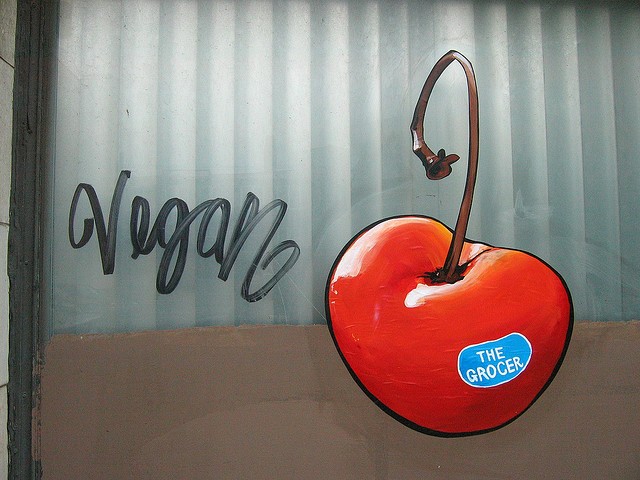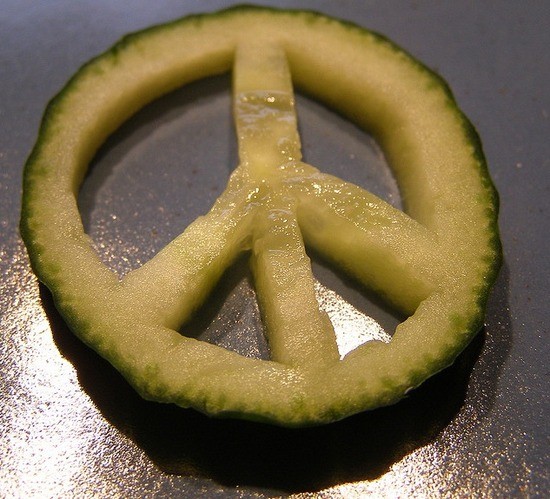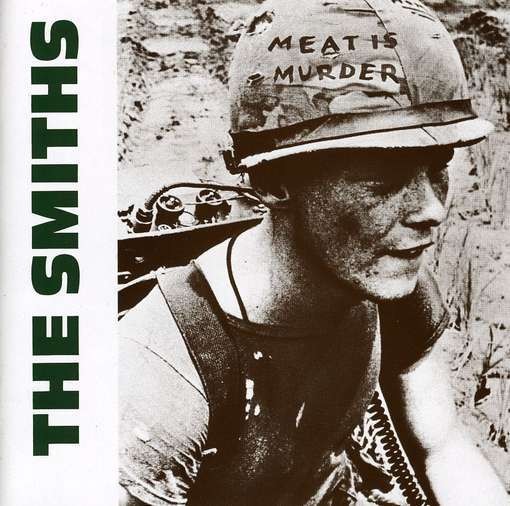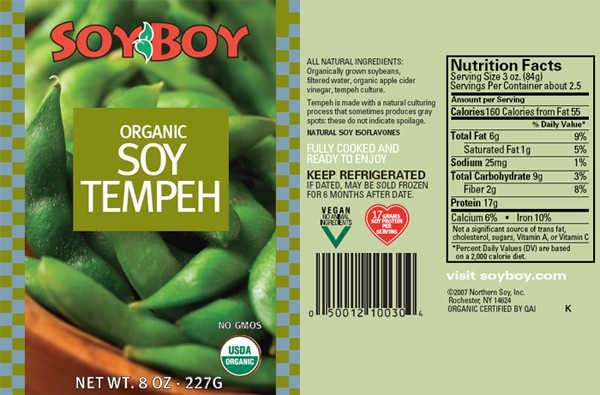
The Orange County Register published a review last week of Freesoulcaffe, a vegan restaurant in Tustin and posted a link on their food blog, Food Frenzy, asking if their review changed any minds about vegan food. The response was nearly universally “no,” and it bears thinking about why not. People who eat both meat and vegetables very rarely seek out a vegan restaurant, even though there's no reason they shouldn't. After some consideration, here are the five biggest reasons why they don't:
]
1. Preachiness

There are very, very few vegan restaurants that manage to present a menu
without preachy or self-congratulatory bibble-babble. Some places are
worse than others: a whole menu page about the dangers of animal
products, or the phrase “for a healthy planet” in every item description. No one
wants to eat in a restaurant that tells them they're doing it wrong (or
cruelly). Vegetarians don't want to be lectured at about how we're
meant to be omnivorous, and meat-eaters don't want to be lectured at
about how eating meat is unhealthy or cruel.
2. Overpoliticization or obsession

Beyond the preachiness, the vibe at many vegan restaurants comes across
as weird or obsessive. Sometimes the entire restaurant is a construction
to show off the proprietor's enlightenment. There used to be a vegan
restaurant in Brooklyn that went on for multiple pages about how every
single item touched by a guest or his food was from sustainable,
organic, cruelty-free sources. This included the batik Tibetan flags on
the table and the organic bamboo chopsticks. More locally, the best
example of this used to be at the non-vegan Inn of the Seventh Ray in
Topanga, where for years the menu was “presented in order of esoteric
vibration”–vegan first, then dairy and eggs, then white meat, then
adult red meat (beef), then baby red meat (lamb). If you have pictures
of Che Guevara, cannabis leaves and a Chinese flag in your restaurant,
it should come as no shock that few conservatives will dine there.
3. Assumption of lack of flavor

Spices are vegan; chili peppers are vegan; aromatic
vegetables are vegan. There is no reason in the world for vegan food to
be bland, but the idea of an all-vegetable diet carries a connotation of
lack of flavor. It's usually undeserved–the hallmark of a great cook is
his or her attention to detail with vegetables–but in some places, the
rule seems to be mortification (or bored-ification) of the tongue for
the good of the spirit. It can't be healthy if it tastes good, right?
(Wrong.)
4. Overreliance on meat substitute

Fake dead animals vary in quality just as real dead animals do; some
places use the same meat substitute for every “meat” they're replacing
(chicken, fish, pork, etc.), trusting to the sauces to make it taste
like a facsimile of the real thing. They rarely succeed, and in some
cases (tempeh bacon, for example), it would be tastier to cook the box
it came in–as Courtney Perkes (who wrote the Register's review of Freesoulcaffe) said, “fake deli meat … often looks as gross as it tastes.”
5. Few upscale options

Vegan restaurants tend to be casual places, sometimes with counter
service and sometimes with very laid-back table service. There is a
surprising dearth of upscale vegan eateries, even here in California.
There are plenty of upscale places with vegan items on the menu, of
course, which gives vegans an opportunity to eat in a fancy resaturant.
Whether a vegan will trust the kitchen not to cook a vegan dish in a
meat-contaminated pan is a real question.

